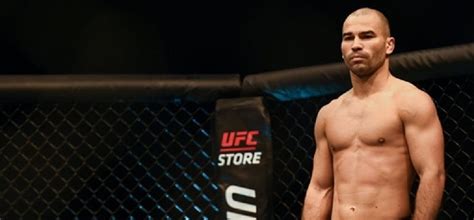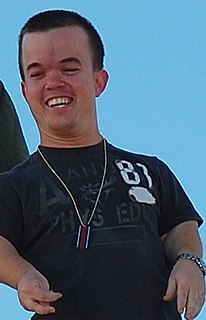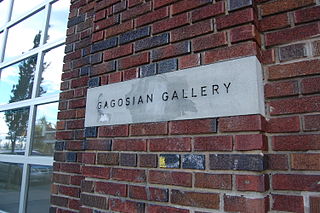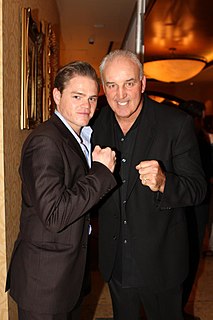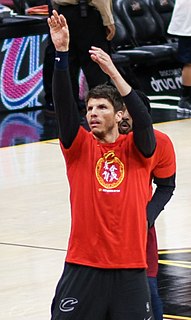A Quote by Thom Yorke
And then computers got to a point where you could just record directly into them. So when that happened, funny enough, I thought, Right, I'm going to learn how to do this because then I can understand that part.
Related Quotes
Advice? Focus on the craft. Study the greats. Try and understand how and why they made the writing choices they did. Then, start by copying them...just as an exercise. See if you can do similar things. Learn how to write a song like so and so. Then, when you've done that, write a song like yourself. Learn to color within the lines before going outside them.
My father urged Alan [Lomax] not to repeat the mistakes of the European folklorists who, a century ago, had collected these peasant songs and then arranged them for part choir and accompanied them on piano, and then told the young people of their country, "Don't change a note, this is our sacred heritage." Father said, whether it's a fiddle tune or a gospel song, learn it right off the record from the people who grew up with it. Don't just learn it from a piece of paper.
Let's be honest here - 99 percent of MMA fans haven't got a clue what's going on. They don't understand the game enough to comment on any of that. They don't know how easy it is to have an impressive record. I could have 10 guys in my gym tomorrow, beat them all up, and there's 10 wins for my record. It is that easy. It is that easy to be 10-0.
I suppose I was lucky enough to be educated at a time when teachers still thought children could handle knowledge. They trusted us. Then there came a time when they decided that because not every kid in the class could understand or remember those things they wouldn't teach them anymore because it wasn't fair on the less good ones. So they withheld knowledge. Then I suppose the next lot of teachers didn't have the knowledge to withhold.
The problem, of course, was that people did not seem to understand the difference between right and wrong. They needed to be reminded about this, because if you left it to them to work out for themselves, they would never bother. They would just find out what was best for them, and then they would call that the right thing. That's how most people thought.
I've had people say to me, "Well, how do I start collecting artworks?" Well, you start by buying. Buy what you like, buy what you can afford - and I'm not just saying that because I'm a dealer. You can't be so paralyzed to where you keep saying, "I've got to learn more." The best way to learn is to go home and actually put something on the wall. Then you've got an investment. Then you're living with it. Then you're in the game.
If you ignore somebody's record and only focus on something that happened 25 years ago when all they were doing even then was trying to stand up for a minority group that felt excluded and discriminated against, then I don't - I think that is a distortion of a person's record. I mean, a person's record is full, not just the parts that you want to use against them.
For a short period of time, I was like, I have these jokes and if people get them, they get them. And then eventually, I was like, Oh no. It's absolutely my job to convey to people why what I think is funny, is funny. The whole point of standup is to get the audience to understand your weird point of view.
In high school, I actually thought I was going to have to learn Japanese to work in technology. My big feeling was I just missed it, I missed the whole thing. It had happened in the '80s, and I got here too late. But then, I'm maybe the most optimistic person I know. I mean, I'm incredibly optimistic.




